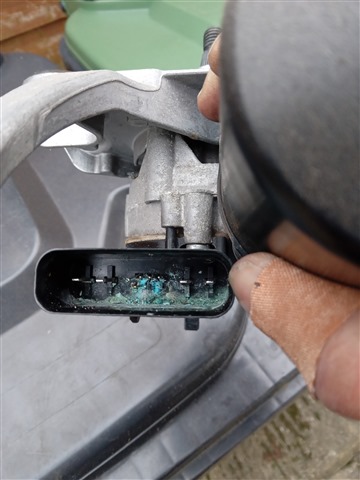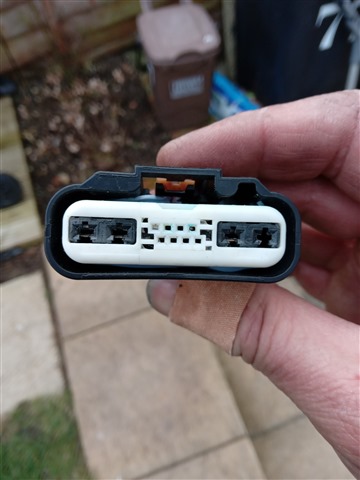I recently had to change a connection block and windscreen wiper motor controller unit on a Ford Transit Custom because of water ingress into the connector and the wiper motor controller unit. What can be used as a corrosion inhibitor inside electrical connectors to extend the life of the connecting elements?

